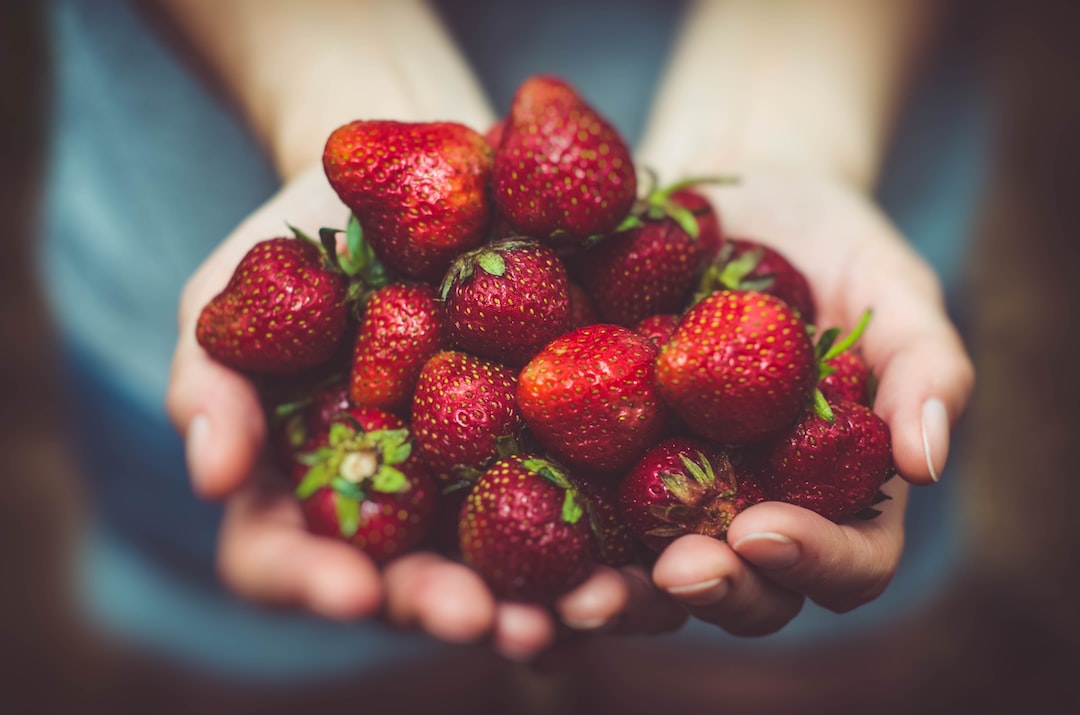Over the years, the use of advanced technology has changed the way we live our lives. These technological advancements have made their way into several industries including agriculture. Farmers are now using drones to increase their agricultural yields and reduce the manual workload. The use of drones in agriculture is a game changer that is enhancing the efficiency and effectiveness of farming while reducing the environmental impact of farming activities. Here are some ways in which drones are helping farmers.
Precision Agriculture
Precision agriculture is the practice of using technology to optimize and manage farming practices. Drones equipped with sensors and cameras can capture high-resolution aerial images of a farm, collecting pertinent data on crop health, moisture levels, and other important conditions. This data can then be analyzed to identify areas where there are issues such as pests, disease, and nutrient deficiencies. This real time data can help farmers make informed decisions about what needs to be done to improve crop yields, irrigation and land fertility.
Crop Scouting
Crop scouting is a common task on farms. It is a process where farmers walk around the fields to check for signs of plant disease, pests, and other issues that could negatively affect crop growth. Traditionally, crop scouting was a manual and time-consuming process, but with drones it can be done more efficiently and quickly. Drones can fly above the fields taking aerial images to provide farmers’ with a bird’s eye view of the entire field in just a few minutes. This aerial view makes it easier for farmers to identify any issues that require attention quickly and efficiently.
Erosion and Soil Management
Drones and their cameras can collect data effortlessly regarding soil health and stability, identify areas of erosion, erosion level, and other crucial details that can directly impact crop yields. With the data gathered via drone, soil management techniques can be optimized and land conservation initiatives can be implemented to prevent soil erosion, a pivotal component in boosting crop yields.
Farm Automation
Drones can be equipped with automatic crop sprayers which can conduct efficient and accurate spraying of pesticides and fertilizers on farmland. This helps farmers to optimize their crop yields and contribute to greater food production.
Reduced Environmental Impact
The use of drones in agriculture can help reduce the negative environmental impact of farming activities. The traditional methods of farming activities like crop dusting and field monitoring involve manual labor as well as the use of high-powered vehicles that consume large amounts of fuel. Such procedures are not only time-consuming but also cause pollution making farming a less eco-friendly occupation. The use of drones eliminate the need for heavy machinery, and other environmentally unfriendly practices. This not only benefits farmers but also lowers environmental risks.
In Conclusion, the use of drones in agriculture is a game changer that is significantly improving the efficiency, productivity and sustainability of farming. With drones, farmers can optimize crop yields while reducing costs and labor. Additionally, it allows them to respond quickly and efficiently to any issues that arise on the farm, ultimately improving their bottom line. Without a doubt, drones are truly transformative technological systems that are raising the bar for the agriculture industry.

